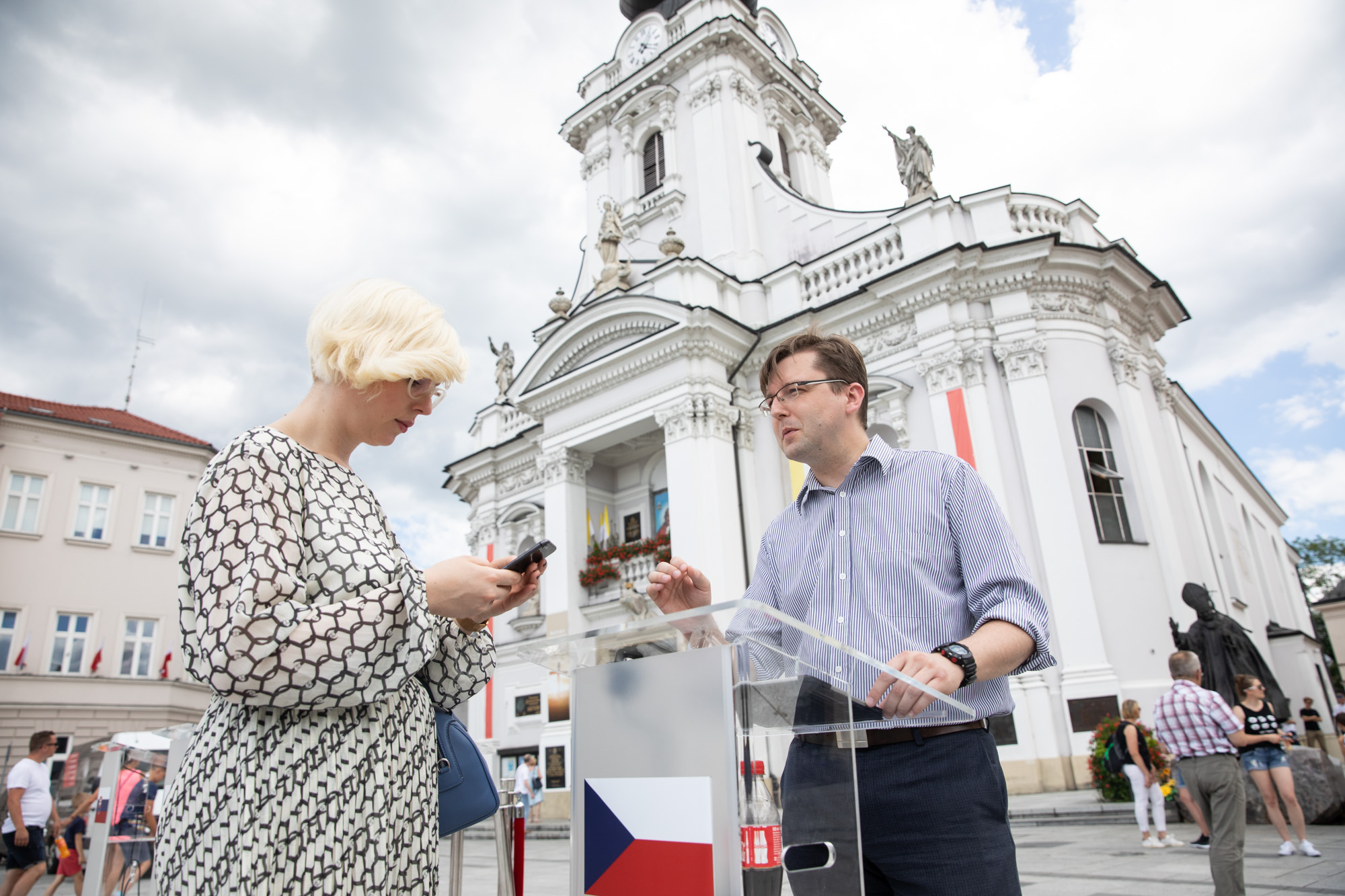A turning point in my professional development – Voices of NISC (Poland, 2009)

A turning point in my professional development – Voices of NISC (Poland, 2009)
In today’s turbulent global landscape, the NISC’s holistic and anticipatory approach to security remains more relevant than ever.
This year, our New Issues in Security Course, known as the NISC, celebrates its 25th anniversary! For a quarter of a century, we’ve been providing security policy professionals with the tools to tackle new and re-emerging security challenges arising from a rapidly changing global environment. As we celebrate this milestone, we collected stories from our NISC alumni who reflected on how the course has made an impact on them – personally, professionally, and globally.
How did the NISC shape your perspective on peace and security?
Andrzej Fafara: Participating in the 2009 NISC was a turning point in my professional development as a diplomat. The course deepened my understanding of evolving global security challenges, especially the interplay between traditional defence issues and emerging non-military threats, such as cyber risks and economic vulnerabilities.
The NISC broadened my perspective beyond a purely national lens, fostering a mindset of international cooperation. Discussions with fellow participants from diverse backgrounds impressed upon me the critical role of multilateral dialogue in addressing complex security issues. This experience proved invaluable in my later postings, particularly at the Polish Embassy in Ottawa, where I worked closely with Canadian institutions on defence and security cooperation, and in my subsequent roles at the Ministry of Foreign Affairs of Poland, including the Department of Public and Cultural Diplomacy and the Department of Foreign Economic Policy.
Is there a particular moment, project, or initiative you're proud of that connects back to what you learned during the course?
Andrzej Fafara: One initiative I am especially proud of, deeply connected to what I learned at the NISC, is my work in shaping Poland’s strategic communication and public diplomacy efforts. As one of the creators of the modern Strategic Communications Unit within the Polish Ministry of Foreign Affairs, I have contributed to developing frameworks that enhance Poland’s soft power and resilience. Drawing on insights about the nexus between security and public perception, I have worked to embed strategic communication as a core element of foreign policy practice. Whether in Canada, at home in Warsaw, or now in the United States as Consul in Houston, I continuously apply the lessons of dialogue, adaptability, and integrated security thinking fostered during the NISC.
I am deeply grateful not only for the substantive, forward-looking content of the course but foremost for the exceptional people, both teachers and fellow students, I had the privilege to meet. Their expertise, generosity, and diverse perspectives enriched the experience far beyond the classroom and continue to inspire my work today.
In today’s turbulent global landscape, the NISC’s holistic and anticipatory approach to security remains more relevant than ever. I am proud to be part of its alumni network and committed to promoting its ethos of cooperative security.
Andrzej Fąfara is a Polish diplomat and economist serving as Consul at the Consulate General of Poland in Houston, Texas. A career diplomat since 2006, he has held senior positions at the Ministry of Foreign Affairs of Poland, including Director of the Press Office and Deputy Head of Mission at the Polish Embassy in Ottawa. He specialises in public diplomacy, strategic communication, and international security. Andrzej is a graduate of the Krakow University of Economics and completed doctoral studies at the Warsaw School of Economics. He is one of the creators of the modern StratComm Unit at the Polish MFA and an alumnus of the 2009 NISC course, remaining active in fostering international cooperation.
